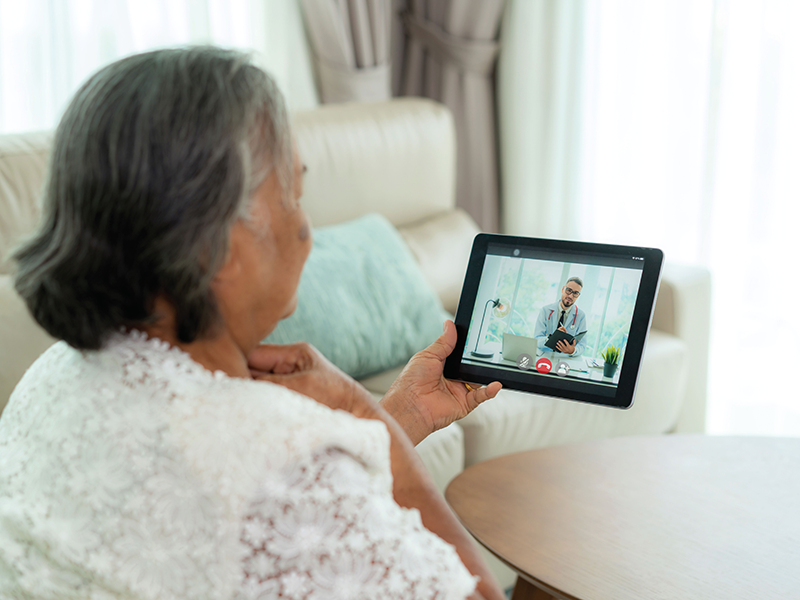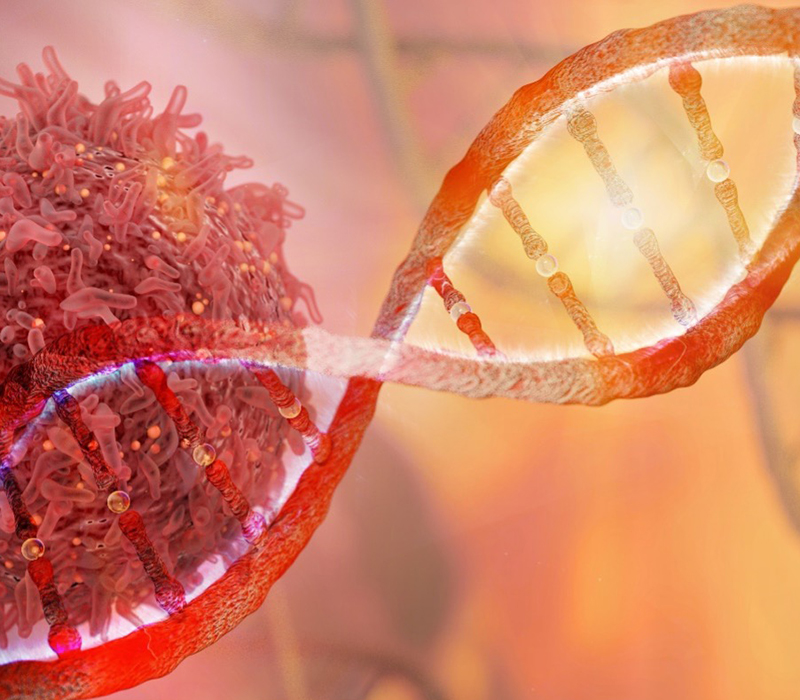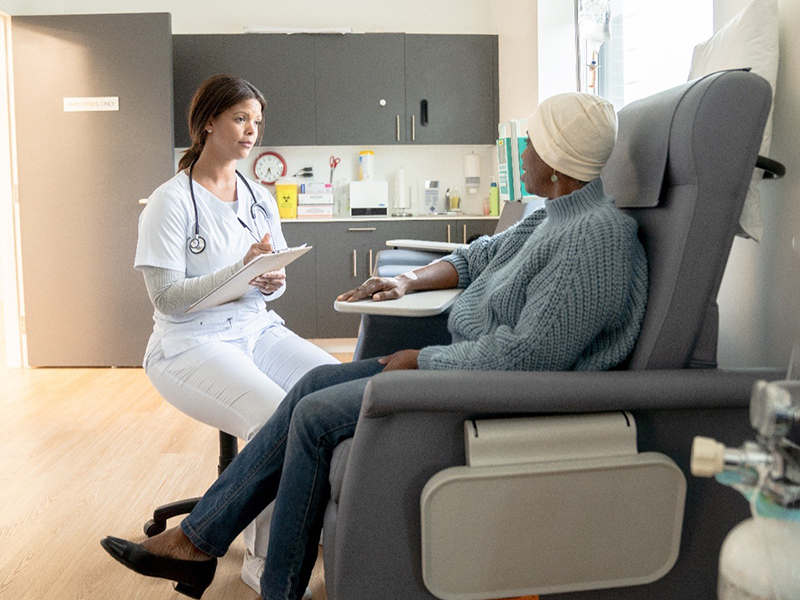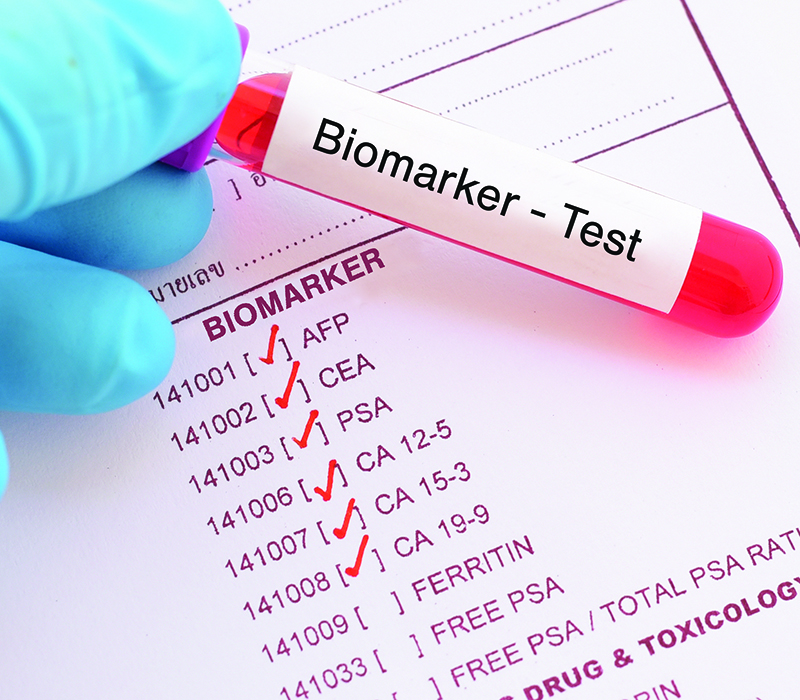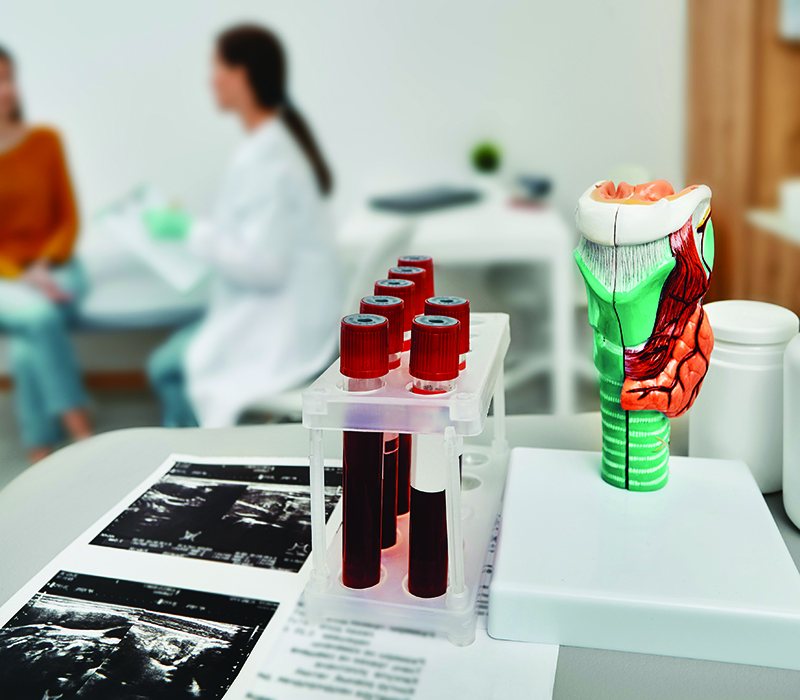Topic
Clinical practice
Clinical practice
Share Your Best Practices and Other Oncology Nursing Experiences Through an ONS Voice Article or Video
You and your colleagues innovate every day—providing individual patient cases, developing best practices, and collaborating on other shared experiences. ONS Voice articles and its new video series, My Practice, can help you disseminate your expertise and guidance to other oncology nurses. Tell us your topic ideas, and ONS Publications staff will help you either write an article or create a video resource illustrating your experience.
September 19, 2022
Genetics & genomics
Oncology Nurses’ Role in Translating Biomarker Testing Results
As oncology biomarker testing becomes a routine part of clinical practice, so does first-line use of their associated targeted therapies such as monoclonal antibodies, checkpoint inhibitors, and tyrosine kinase inhibitors.
September 15, 2022
Trending Topics








